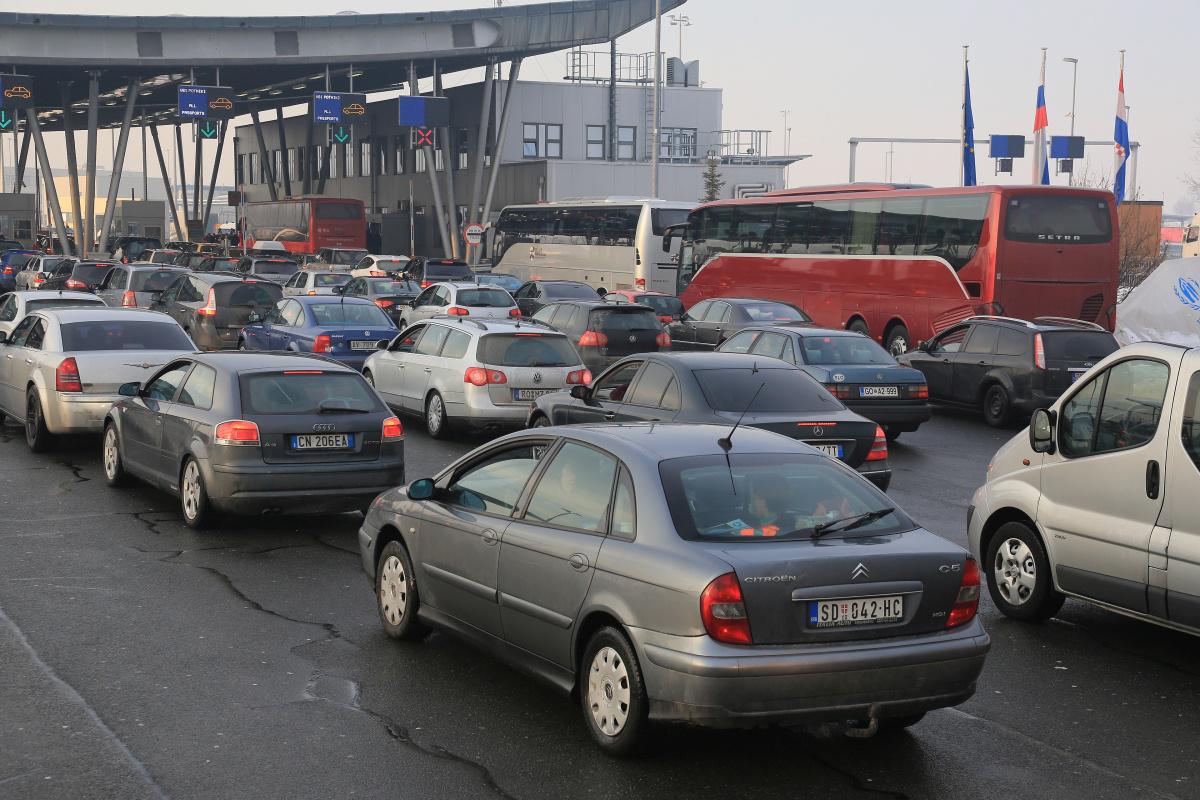
Slovenia is again implementing full Schengen rules on its border with Croatia, after migrants stopped crossing Slovenia following the agreement between the EU and Turkey.
Thus only those foreigners fulfilling all the conditions for entering the state will be allowed into Slovenia, i.e. those who wish to file a request for international protection in Slovenia, and individuals for which, after individual interviews, the entry will be allowed due to humanitarian reasons.
Should the accepted agreement stand, the relocation of migrants within the EU will start. Slovenia intends to accept 863 migrants, as the first step 572. The Secretary of State at the Ministry of Interior Affairs Boštjan Šefic explained that every country is expected to announce, every two or three months, the number of people it would relocate from Greece and Italy.
Serbia intends to intensify its border regime
Radio Slovenija reports that Serbia responded to the announcement by Slovenia on reintroduction of the Schengen control with its own intention to adapt its measures at the borders, as it has no intention of becoming an assembly centre for refugees. Therefore their measures will be coordinated with the European Union, and reciprocated at their south and eastern borders, i.e. with Macedonia and Bulgaria.
The EU summit on Monday reached an agreement with Turkey, according to which Turkey will accept all illegal migrants from Greece. For each Syrian sent back to Turkey, the European Union will reciprocate by resettling one Syrian refugee.


































































